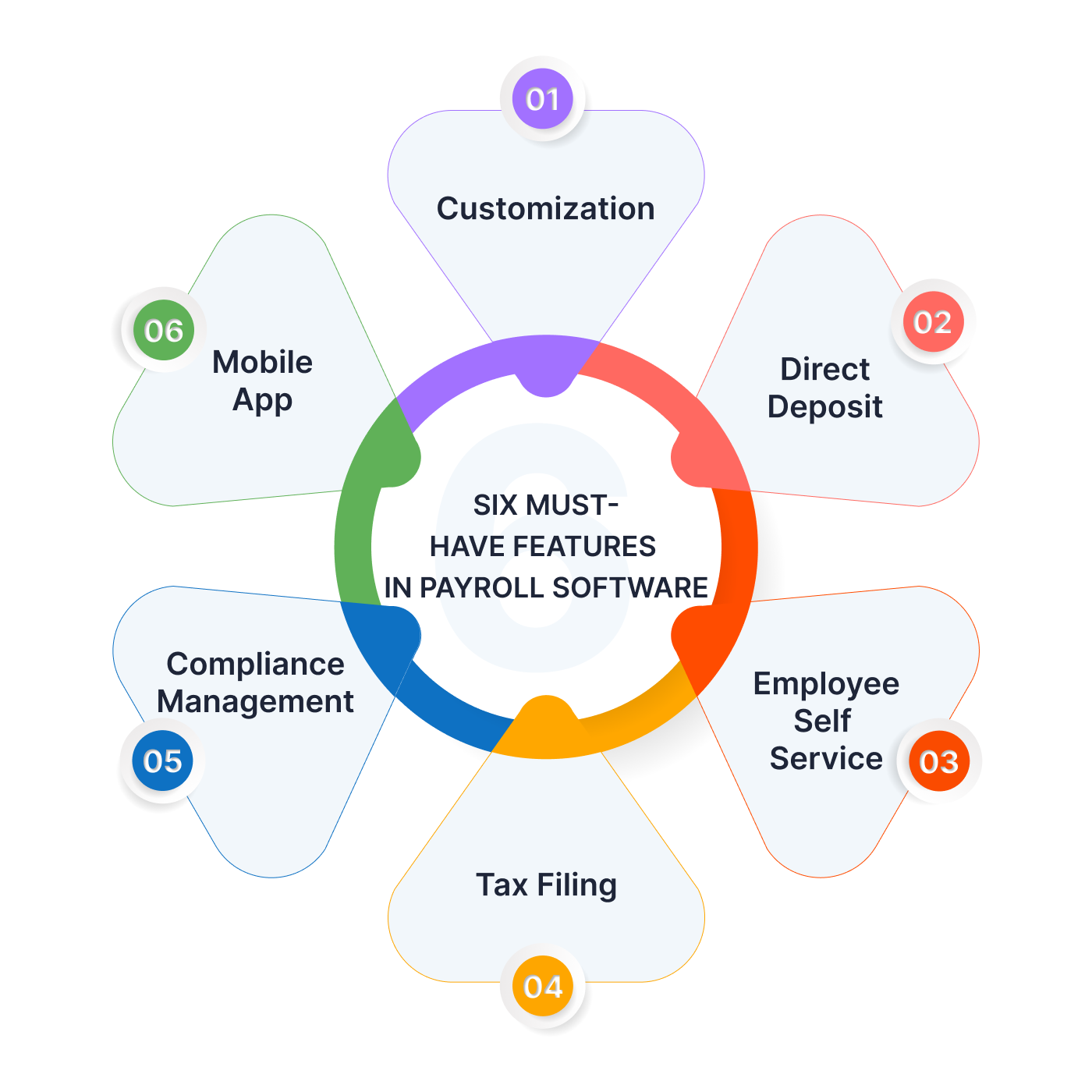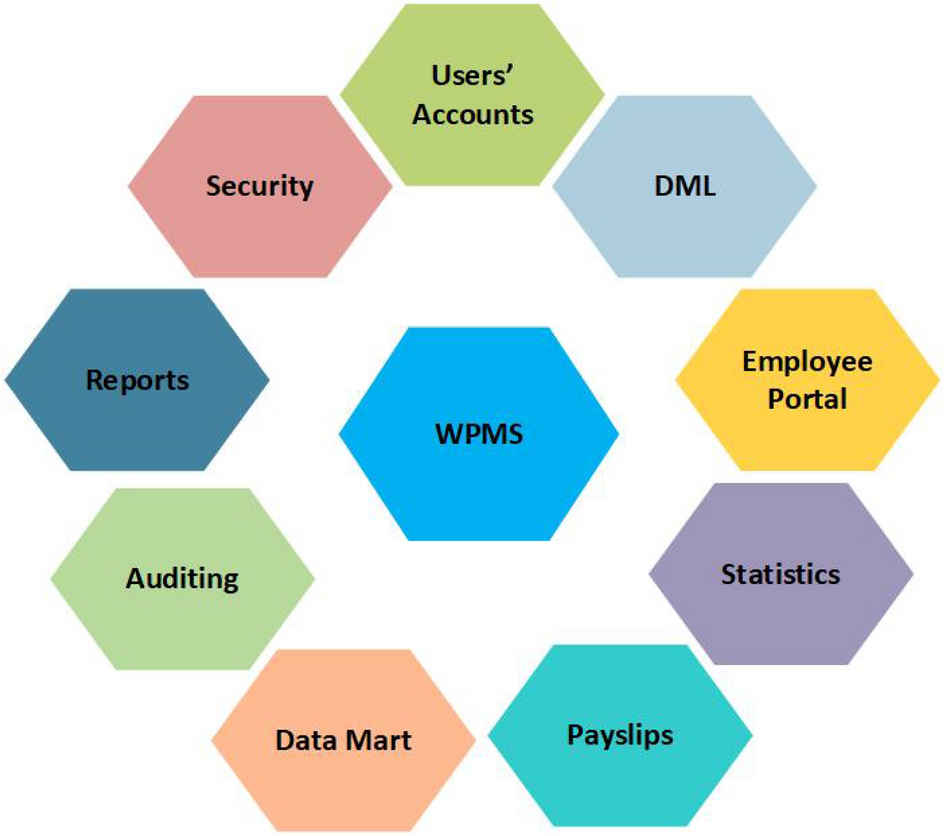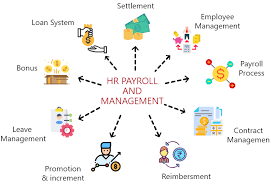
How can we help you today?
Registered Office
Infowan Technologies Pvt Ltd
Mumbai-401107. INDIA.
Contact Details
+91 98201 97205
+91 98201 26871
+91 98670 74415
support@infowan.net
info@infowan.net
|
Table of Contents
|
|---|
| What is Payroll Management in HR? |
| Objectives of Payroll Management |
| Difference Between Payroll and HR Functions |
| The Role of Payroll Management in HR |
| Components of Payroll in HR |
| Payroll Process Explained |
| Common Payroll Challenges for HR Teams |
| The Future of Payroll Management in HR |
| Why Businesses Need Payroll Software |
| Best Practices for Effective Payroll Management |
| Conclusion |
| Frequently Asked Questions (FAQs) |

If you are searching for a clear explanation of what is payroll management in HR, the answer is simple: it is the process of administering employee salaries, benefits, deductions, and statutory compliance in an organization. In other words, payroll management ensures employees are paid correctly and on time while the company follows government regulations.
This process is a critical part of human resource management because employee satisfaction and organizational efficiency depend on accurate payroll handling. Payroll also represents one of the largest expenses for any company, making it a function that directly influences financial planning, compliance, and workforce stability.
Over time, payroll has evolved from manual bookkeeping into advanced software-driven systems. In India especially, where labor laws and tax regulations frequently change, businesses are adopting cloud-based HRMS payroll software solutions like InfowanHR to simplify payroll management. These tools reduce manual work, eliminate compliance risks, and help HR departments focus on strategic growth rather than repetitive administrative tasks.

To understand what is payroll management in HR, it helps to break it down into its meaning, objectives, and role within an organization. Payroll management refers to the systematic administration of financial records related to employees’ compensation, including salary processing, deductions, allowances, bonuses, and statutory contributions.
The role of payroll management within HR is multifaceted. When businesses think about what is payroll management in HR they must see it as both a financial and an administrative function. It ensures smooth workforce management through:
Payroll management, therefore, is not only about money; it is about organizational discipline and employee engagement.
To understand what is payroll management in HR, it is important to know its components. Payroll has several elements that together ensure smooth salary processing:
Each of these elements must be carefully managed, and errors in any one area can result in legal penalties or employee dissatisfaction.

The payroll process can be divided into three major stages:
The payroll process can be divided into three major stages:
This cycle repeats every month, and efficiency depends on how well the organization manages each stage.
Even when HR professionals know what is payroll management in HR, they face practical challenges in execution:
These challenges highlight why businesses must adopt technology-driven payroll management systems

The future of payroll lies in automation and technology. Companies exploring what is payroll management in HR today should prepare for the following trends:
These trends will not only simplify payroll but also enhance the strategic role of HR in business growth.
The need for payroll software is increasing among organizations that want accuracy, efficiency, and compliance. When businesses ask what is payroll management in HR,the modern answer is software-driven solutions. Payroll software helps by:
Cloud-based platforms such asInfowan HRMS payrollprovide businesses in India with the ability to handle payroll seamlessly while reducing operational risks.

To ensure efficient payroll, companies should follow best practices that align with modern HR standards:
Looking to simplify payroll, attendance, and HR compliance? InfowanHR helps businesses process payroll in minutes, ensure 100% compliance, and give employees a seamless self-service experience. Request a Free Demo today!
Request a Free Demo at InfowanHRand transform your HR operations today.
In conclusion, what is payroll management in HR can be defined as the structured process of managing employee compensation, deductions, compliance, and reporting. Payroll is not just an administrative function but a strategic responsibility that impacts employee trust, organizational efficiency, and compliance with government laws.
Manual payroll methods are increasingly risky in today’s dynamic business environment. Cloud-based payroll management systems such as InfowanHR ensure accuracy, reduce errors, and save valuable time for HR teams. By embracing automation, organizations can achieve higher ROI and focus on long-term workforce development.
Q1.What is payroll management in HR?
Administering employee salaries, deductions, benefits, and compliance.
Q2. Why is payroll management important?
Ensures satisfaction, compliance, and financial accuracy.
Q3. What are the key components of payroll?
Compensation, allowances, deductions, reimbursements, and filings.
Q4.How does payroll differ from HR?
Payroll is transactional; HR is strategic.
Q5.What challenges exist in India?
Frequent law changes, errors, security risks, salary delays.
Q6. What role does payroll software play?
Automates tasks, ensures compliance, provides self-service.
Q7. Can small businesses benefit?
Yes, software saves time and ensures compliance.
Q8.What is the future of payroll?
Cloud, automation, AI, and integration.
Best HR Software in India | Top HR Software in India | What is an HR System? | Online HR Management Software | Best Payroll Software in India | Employee Payroll Management System | What is a Payroll System? | What is Payroll? | What is HRMS? | What is HR Management? | 7 Roles of HRM | What is Human Resources? | Top HR Interview Questions | What is HR? | HR Analytics Explained | What is HR Compliance? | Human Resource Management Guide | Best HRMS System | HR Management System Software | HR Software for Small Business | Best HRMS Employee Self Service | What are the Functions of HRM | Functions of HRM | Human Resource Accounting | Difference Between HRM and HRD | Best HRMS Software in India | Top HRMS Software in India | HRMS Companies in India | What is 3rd party payroll | Payroll Software list | What is payroll management in HR